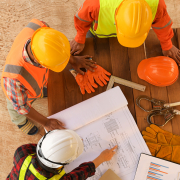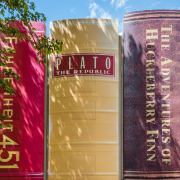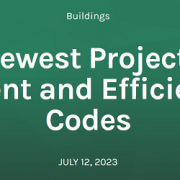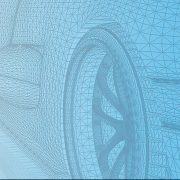KANSAS CITY, MO (May 2, 2024)
As Kansas City debates the future of its building codes, Metropolitan Energy Center (MEC) urges lawmakers to consider what’s at stake: the safety, health, and long-term affordability of our homes. Kansas City’s current energy code not only ensures new and renovated homes and buildings meet modern safety and energy standards but also keeps utility bills low and living conditions healthy.
With a recent proposed ordinance set to push the code back to 2012 levels, MEC is asking council leaders to consider the health and safety risks to most Kansas City residents if the rollback is allowed to pass.
“Strong building codes are not bureaucratic red tape; they are safeguards that ensure every home built in Kansas City is a safe and cost-effective place for us and our children to thrive,” said Kelly Gilbert, MEC’s Executive Director. “Lowering our standards threatens public health and raises long-term costs for both homeowners and renters — it undermines our community’s resiliency.”
Why Building Codes Help Everyday People
Health and Safety: Updated codes mean new and renovated homes will be able to handle extreme weather, reducing health emergencies during heat waves and cold snaps. They also ensure better air quality and indoor climate control, crucial to saving the lives of asthmatic children and the elderly, as well as anyone with a chronic illness sensitive to mold, respiratory issues, and more.
Economic Savings: Energy-efficient homes reduce utility bills — enough to give relief to your wallet. With a home updated to meet KCMO’s current energy code, you could save hundreds in utility cost per year.
Community Impact: Strong codes drive quality construction, bring quality jobs, and ensure more Kansas City homes, new and renovated, owned and rented, are future proofed.
Technological Relevance: The new energy code incorporates knowledge and technology to keep the Kansas City region updated and relevant.
Your Voice Counts
As the KCMO City Council discusses loosening building codes to relieve strains on builders and developers, your voice is important. Let’s not cut corners when health and safety is at stake. Reach out to your council members. Attend the Finance, Governance, and Public Safety Committee meeting on Tuesday, May 14. Show your support for keeping strong building codes that protect everyone with a home.
“Every email, every call, and every raised hand at a council meeting adds up,” said Mary English, Buildings Department Manager at MEC. “Let’s remind our leaders that quality homes mean good health and safety. They need to know that cheaper construction causes higher utility bills at home. Rolling back the code is simply bad for Kansas City.”
For more information on how you can get involved, visit metroenergy.org/energy-code-faq.
About Metropolitan Energy Center:
Metropolitan Energy Center is a non-profit organization that has been working since 1983 to promote energy efficiency, environmental health, and economic vitality in the Kansas City region. MEC believes in building a sustainable future through community education, advocacy, and partnership.







